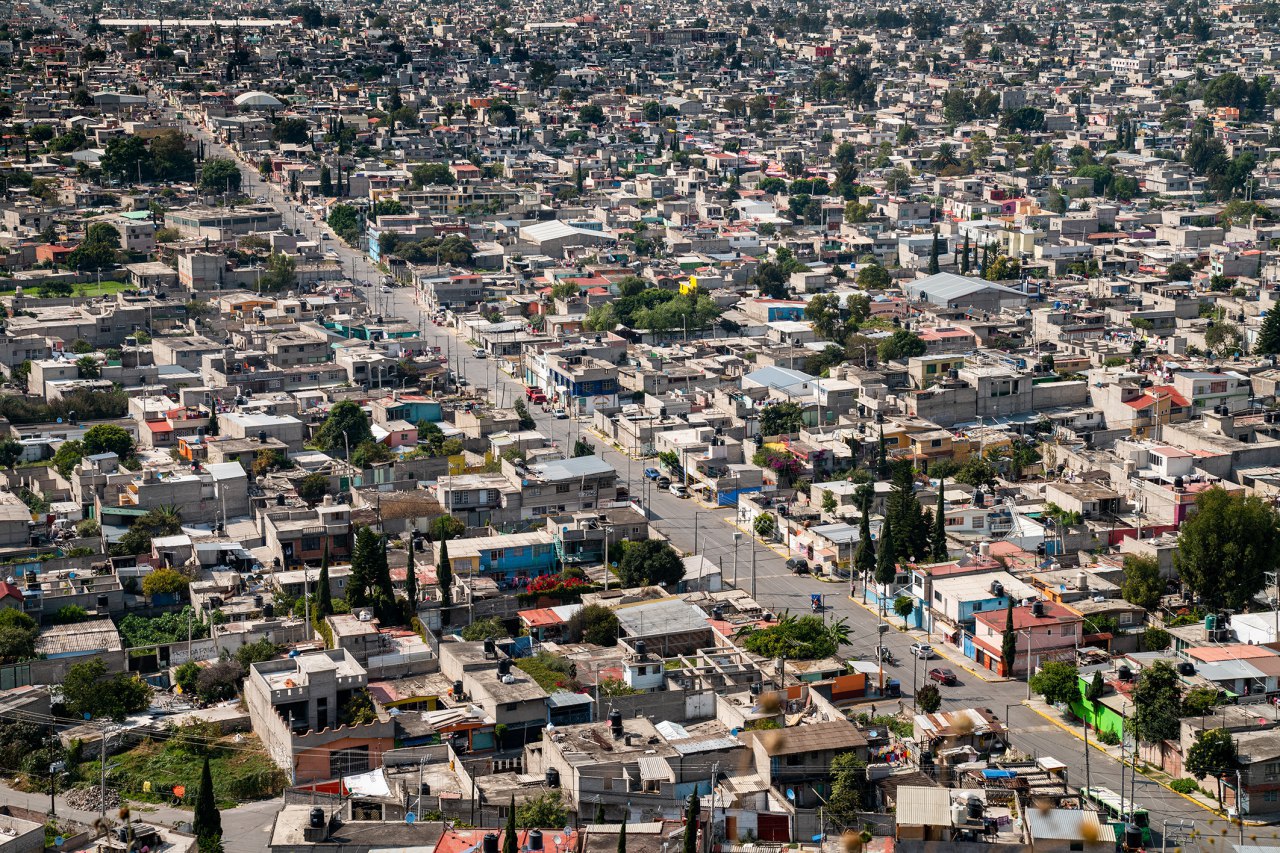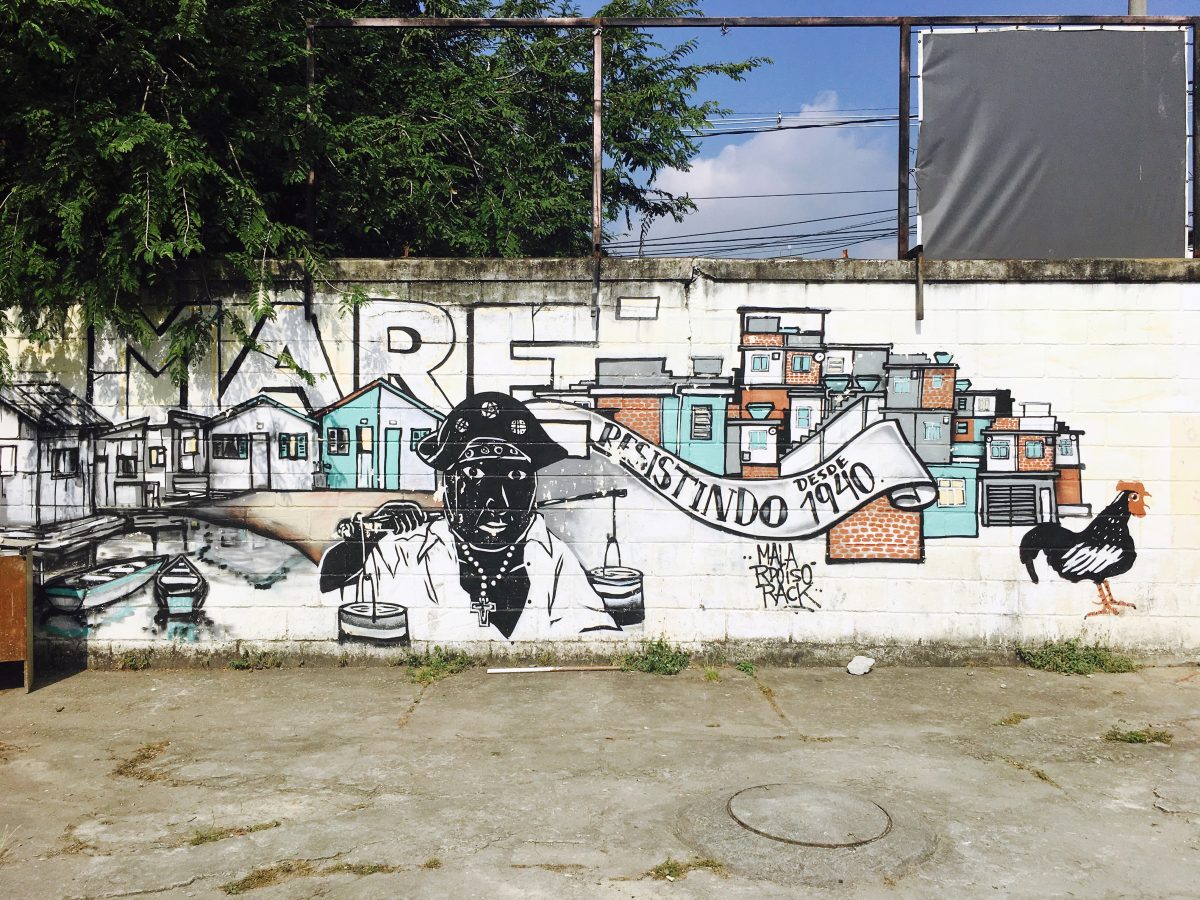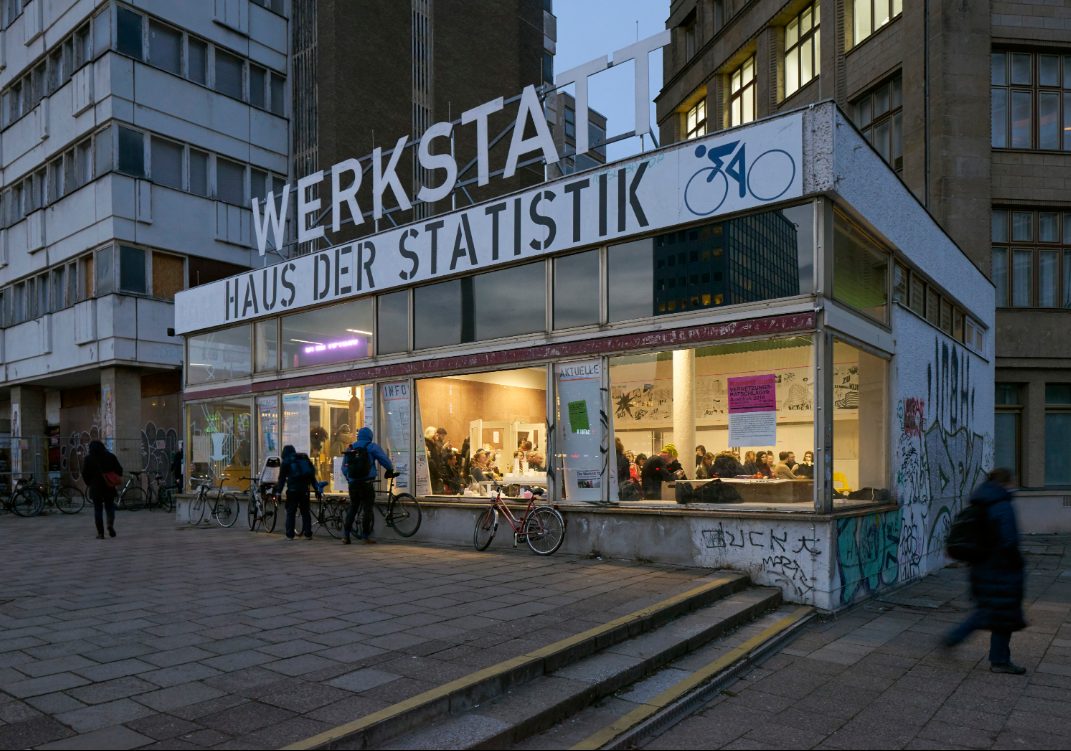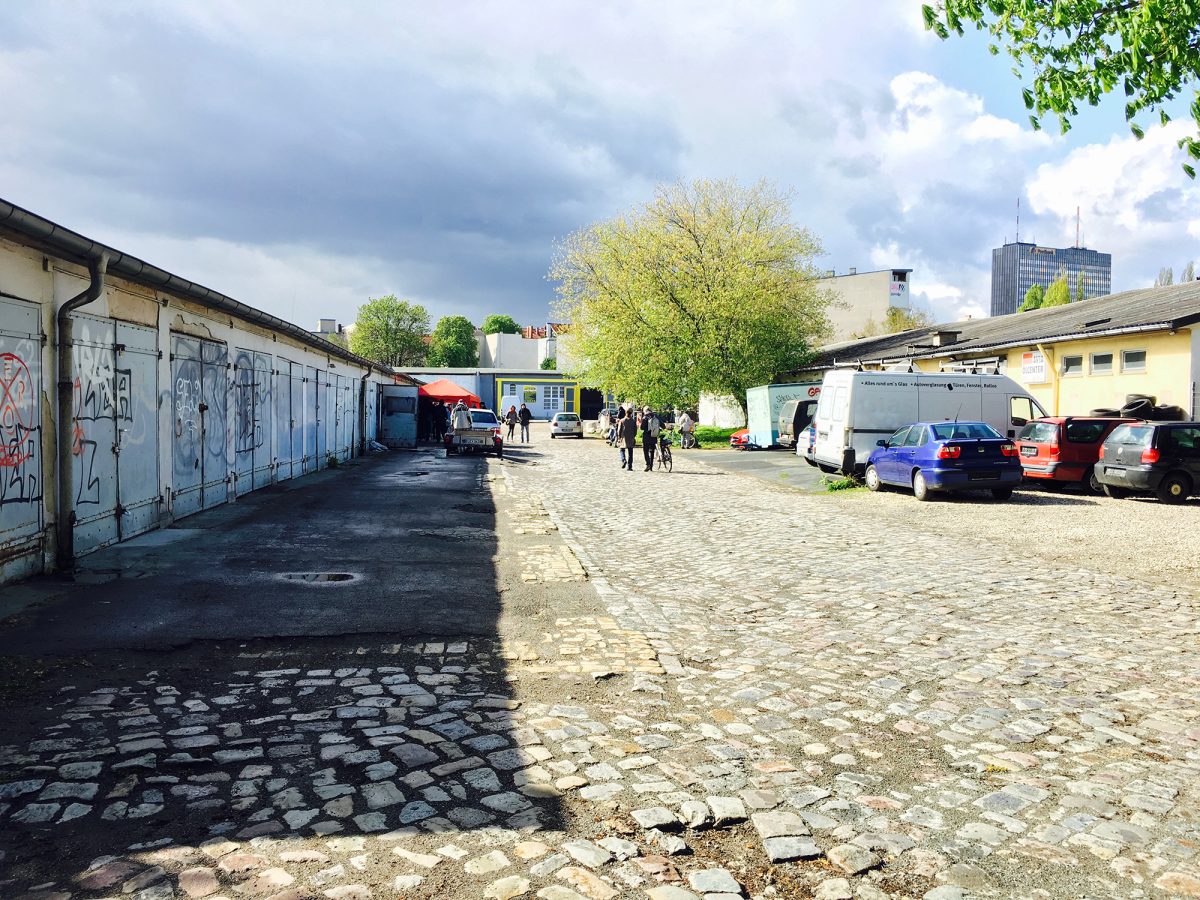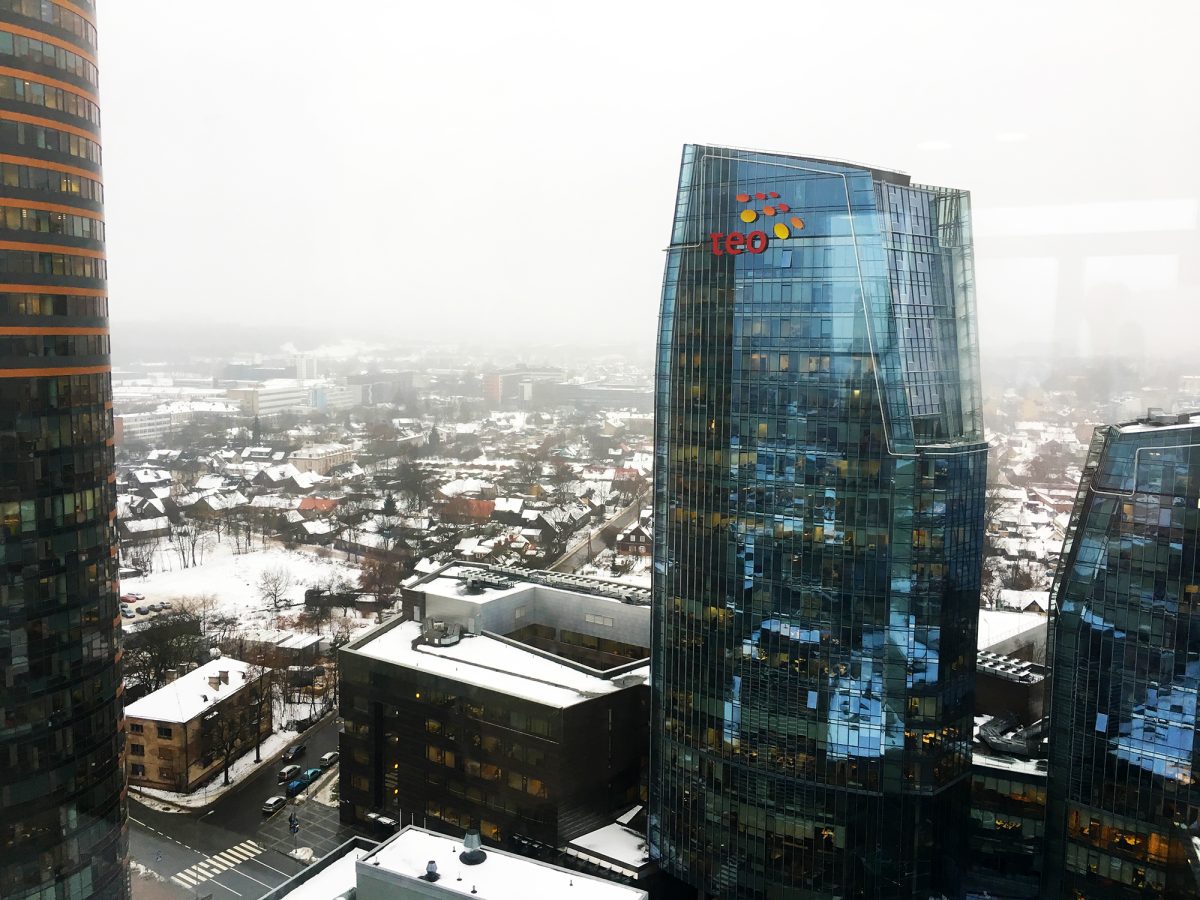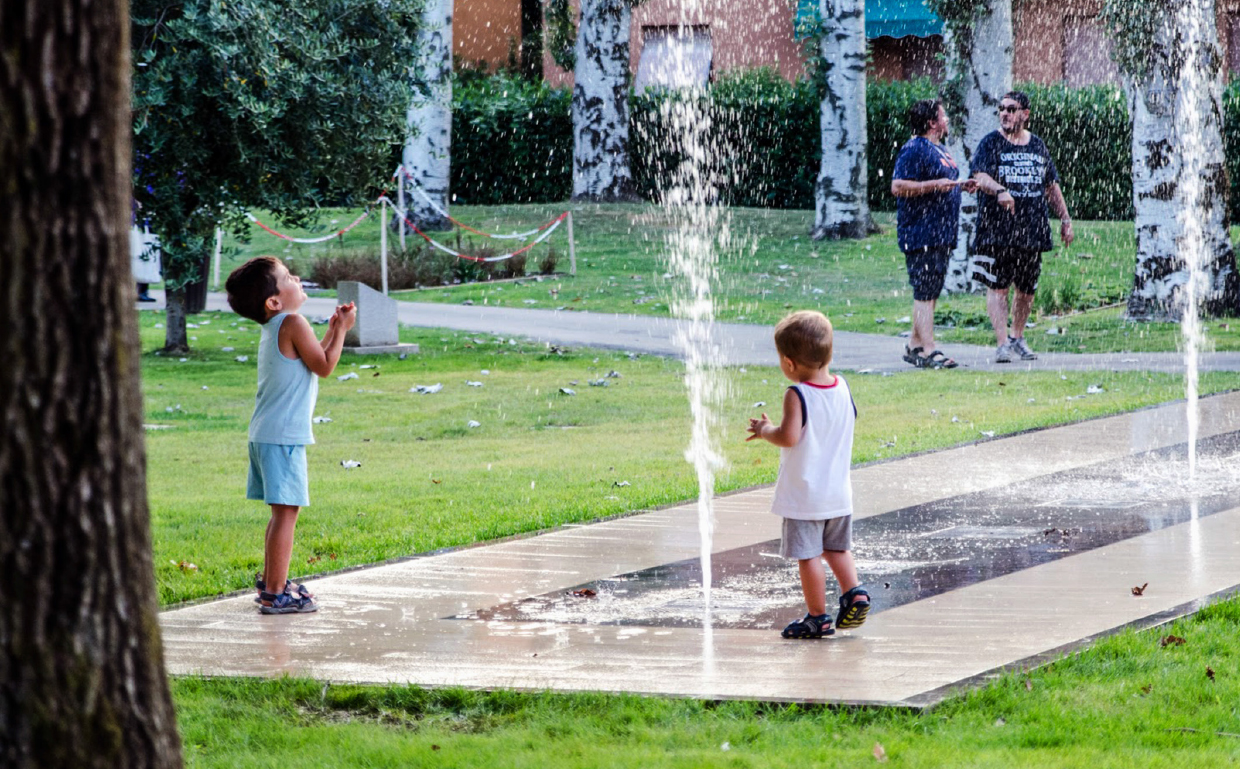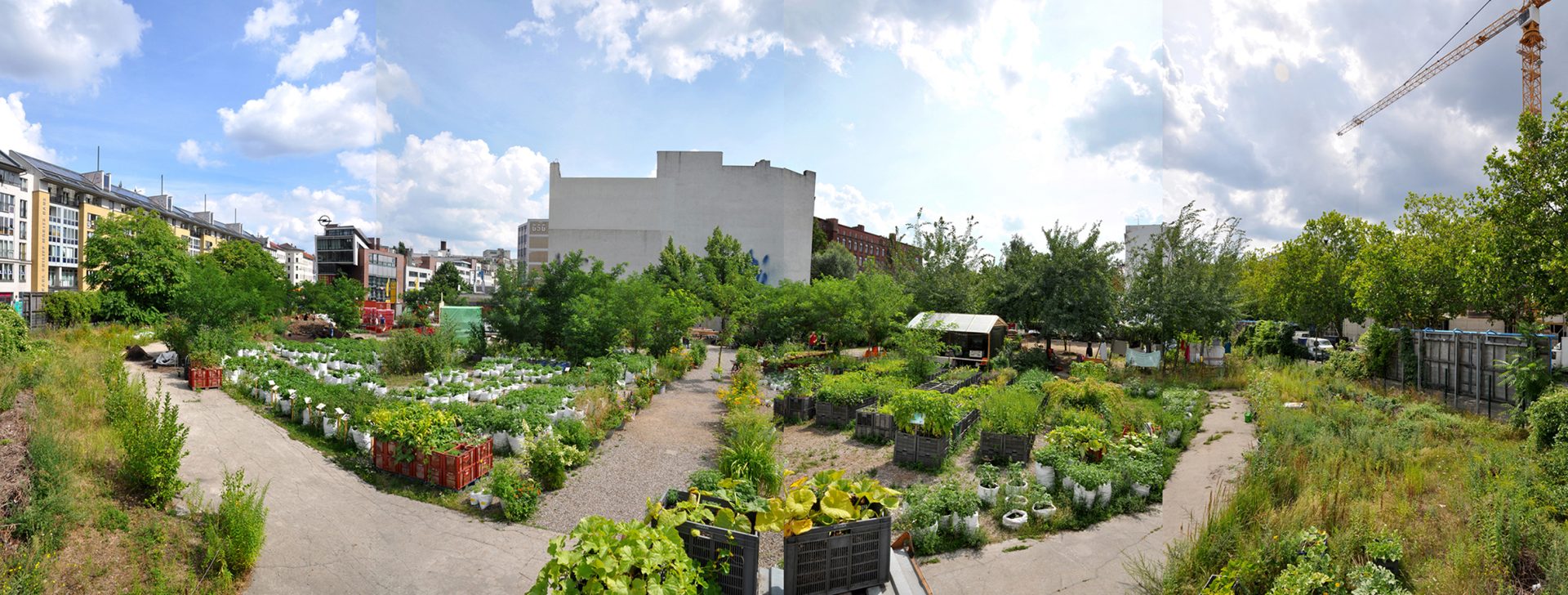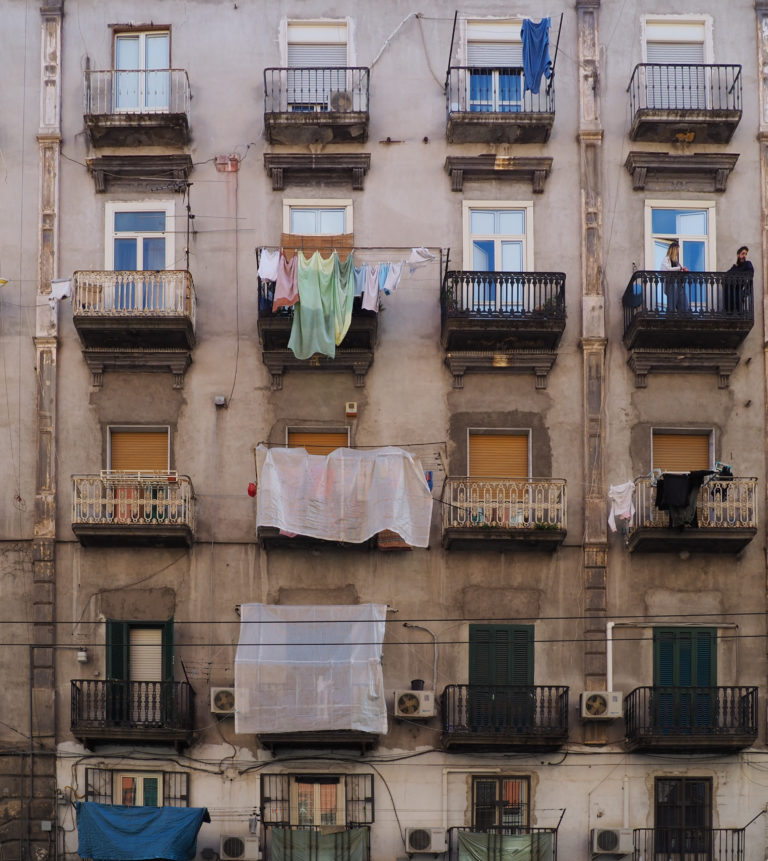
Porta Capuana – Napoli
Porta Capuana is the eastern gate of the historical center of Naples, and gives the name to the neighbourhood that developed around it. While the economic difficulties of its inhabitants are a long-known problem, a recent rise in the multicultural background of the neighbourhood residents has changed its dynamics. Some regeneration plans have been launched by public bodies, which co-exist with a renewed vibrancy in the local activities of associations and private stakeholders.
